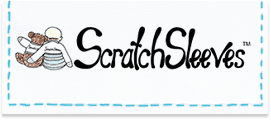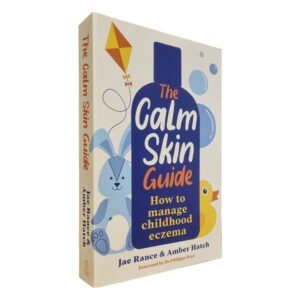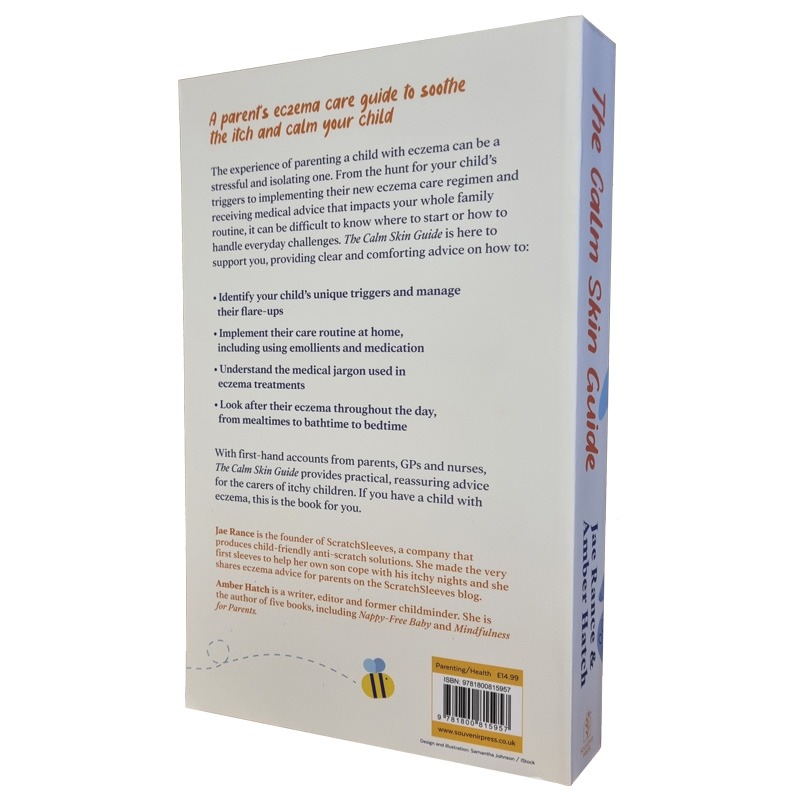The Atopic March: is your child’s eczema a prelude to allergies and maybe even asthma?

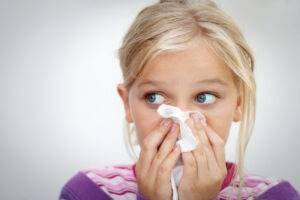

The link between eczema, allergies (especially allergic rhinitis, or hay fever) and asthma has long been recognised by parents and medical professionals. The so-called ‘Atopic March’ or ‘Atopic Triad’ identifying the progression from itchy skin to further underlying conditions like asthma and hay fever. But what causes this progression? How do you know if your child’s coughs and colds are a result of allergic rhinitis?
Exploring the link between eczema and other conditions
When a child has eczema it can be easy to focus solely on the surface issue. To seek skincare remedies and solutions soothe the itch and inflammation. The Atopic March considers a deeper link between eczema and other allergies which may develop later in childhood. Both food allergies and environmental allergies are common among eczema children. And it doesn’t end there, because sensitivity to environmental factors (such as tree pollen, for example) can progress to inflammation of the lungs which causes long-term complications, shortness of breath, tightness in the chest, and asthma.
In a really helpful podcast by The Eczema Society, this was attributed to a dip in the immune system. This dip in the immune system leads to allergic responses and the inflammation of the skin. The skin the begins to respond to everyday substances as if they were harmful.
Eczema of the skin is caused by a deficiency in proteins and oils which hold together the skin’s natural barrier. Subsequently moisture is allowed to escape. Inflammation occurs, and the immune system starts to overproduce chemicals it doesn’t need which exacerbate the problem.
In a study conducted and presented by professionals and the National Institute of Health, it was found that the epidermal barrier of the skin is integral to preventing the development of allergic rhinitis and other disorders. When the skin barrier is compromised, potential allergens may be able to enter the body more easily. If the body treats these as a threat, an allergic response is triggered. Allergic responses cause the immune system to produce copious amounts of Immunoglobin E. This leads to the development of further allergic responses – quite literally making the problem worse.
But what does this look like in practice?
How to know if your child is suffering from the Atopic Triad
Of course, it can be hard to know what’s happening under the surface. This is particularly true in very young children who cannot identify their symptoms or explain their discomfort.
As a parent, knowing what to look for is key. If your child suffers from eczema and has itchy skin, you should look out for more colds and flu-like symptoms which occur all year round. It maybe that, far from a cold, your child is reacting to allergens either in food or the environment around them. This is because, when the body responds to eczema by producing the Immunoglobin E, it creates heightened sensitivity to common environmental allergens which later translates into disorders such as asthma and other allergies if left untreated.
It is also important to recognise that many of these conditions, from eczema through to allergies and asthma, are often inherited. Generations pass their own intolerances down to children. If you suffer from any of these conditions, then the chances are high that your children may suffer from them too.
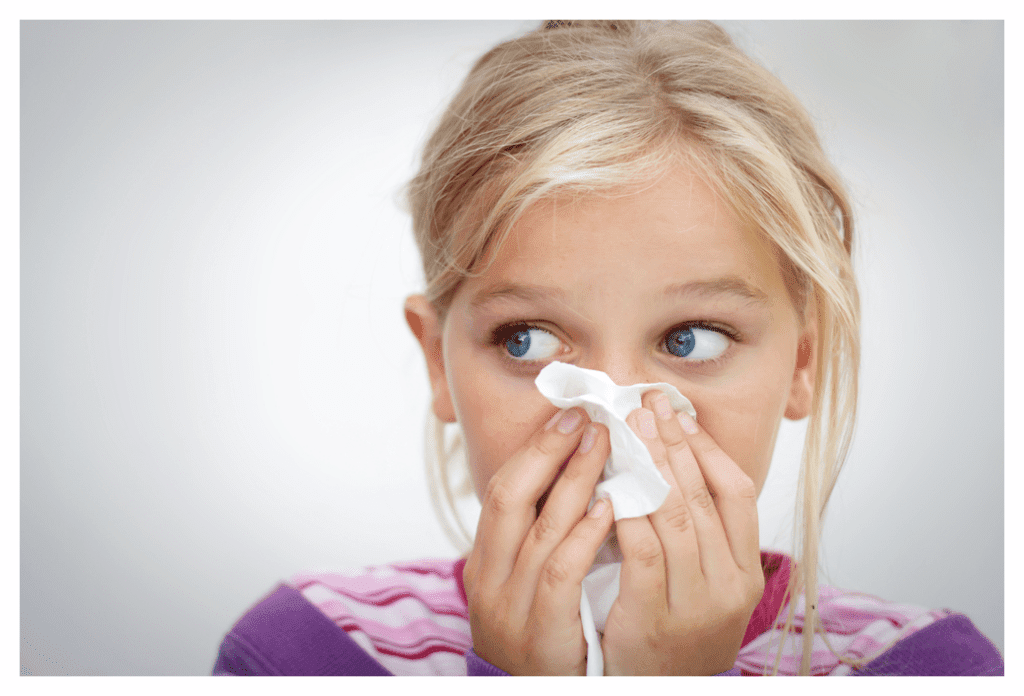
Can you treat – or prevent – the Atopic March?
The Atopic March considers a definitive link between early childhood eczema and the progression towards allergies and then asthma, as a result of the compromised immune system caused by inflammation of the skin. As such, a major part of the treatment plan for this progressive condition is treating the signs of eczema early. Being aware of family history and being alert to signs of reaction. Preventing eczema by ensuring the skin remains moisturised. Using hypo-allergenic products around the home. Using steroid treatment when handling flare-ups when children are young may prevent future health problems.
There is growing evidence that the early introduction of potential food allergens reduces the risk of food allergies. It appears the body learns how to deal with potential food allergens if it first encounters them through the gut. This is known as the dual exposure hypothesis. It follows that we also need to ensure that the skin is kept as intact as possible. This minimises the chances of potential allergen exposure through the skin. It is for this reason that doctors are keen to treat eczema ‘hard and fast’. This means using steroid creams to heal the skin as quickly as possible and emollients for maintenance. There are also ongoing studies into whether using emollients for all babies can stop the atopic march from starting.
Takeaways: the Atopic Triad
As a parent, if your child suffers from eczema then you will be no stranger to itchy skin, inflammation and discomfort. But studies now suggest that eczema may be a prelude to the development of food and environmental allergies – possibly leading to asthma. Early intervention and repair of the skin barrier reduces the risk of allergic rhinitis and other allergies developing. While using steroid creams on tiny babies can seem scary, there is a good rationale behind their usage. Early weaning is also recommended for babies with moderate or severe eczema. Studies are ongoing as to whether this early intervention can also reduce the risk of asthma. If your child has (or has had) eczema, be alert for a permanently snotty nose as this could well be allergy related.
Further information
As well as sharing our experience of bringing up an eczema child (and favourite allergy-friendly recipes), ScratchSleeves also manufacture and sell our unique stay-on scratch mitts and PJs for itchy babies, toddlers and children. We now stock sizes from 0-adult in a range of colours. Visit our webshop for more information.
The Calm Skin Guide
Love our blog? It's also available in book format with:
- First hand accounts from parents & medical professionals
- Easy navigation
- Comprehensive index
- Additional material
Signed copies available at no extra cost
Written by:
Reviewed by:
Interesting article? Don't keep it to yourself...
Read next...
You may also find helpful...
Quick buy


Multi Buy Discount

Spend between £30 - £60 and save 5%
Spend between £60 - £120 and save 10%
Spend over £120 and save 15%
Discount automatically applied at checkout
No Quibbles Guarantee

ScratchSleeves abide by a no quibbles guarantee.
Free UK Postage

Free packing and postage on all UK orders. For overseas orders to Europe postage is from £3.50, to USA is £6.50 and to the rest of the world, from £3.75.

